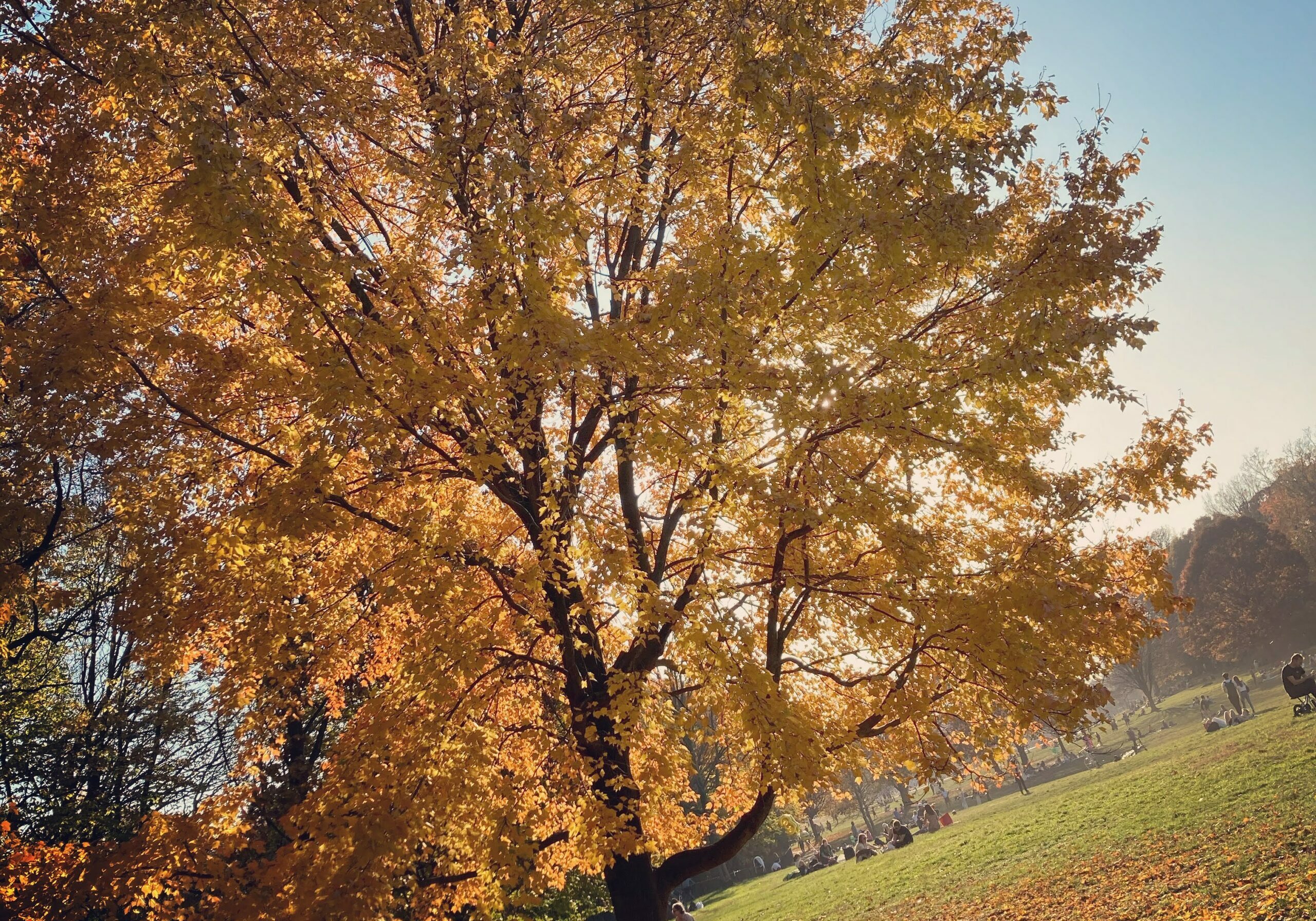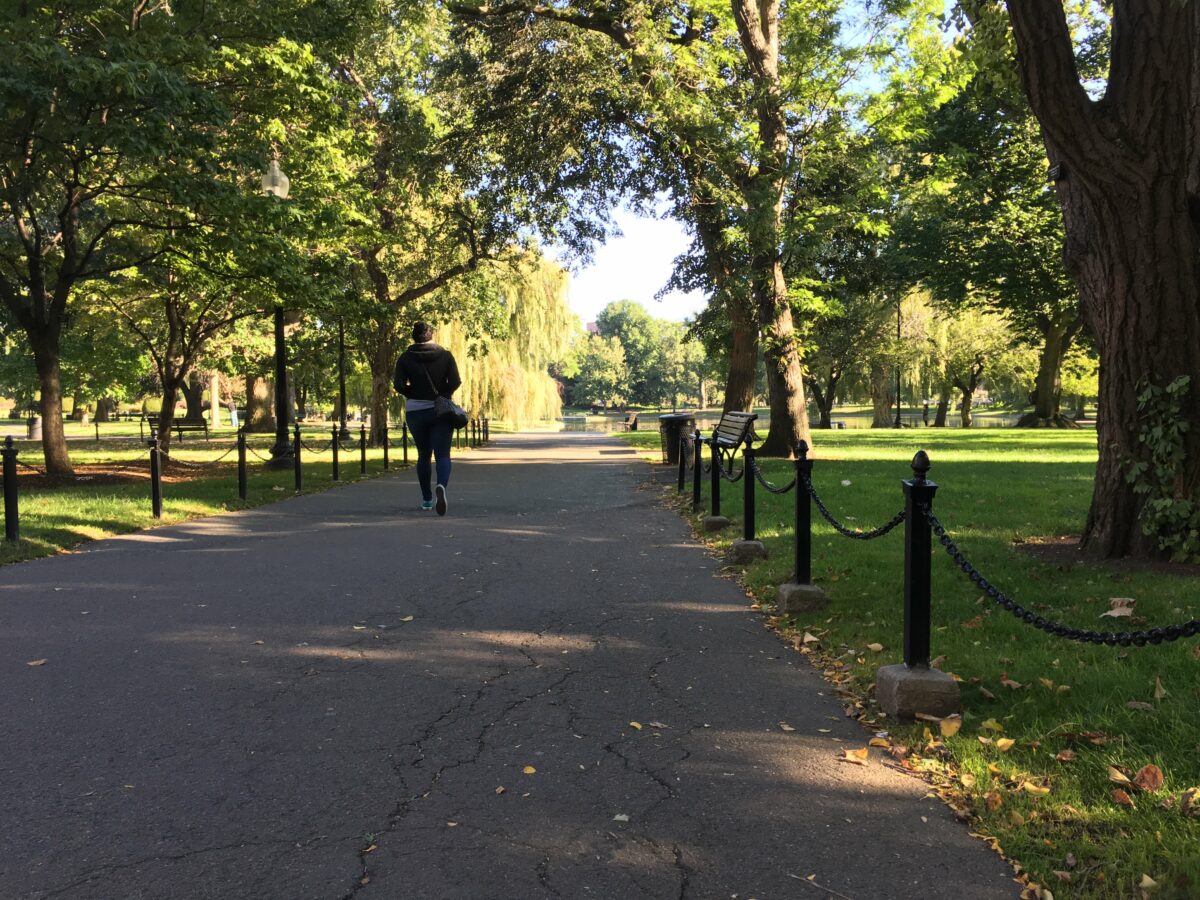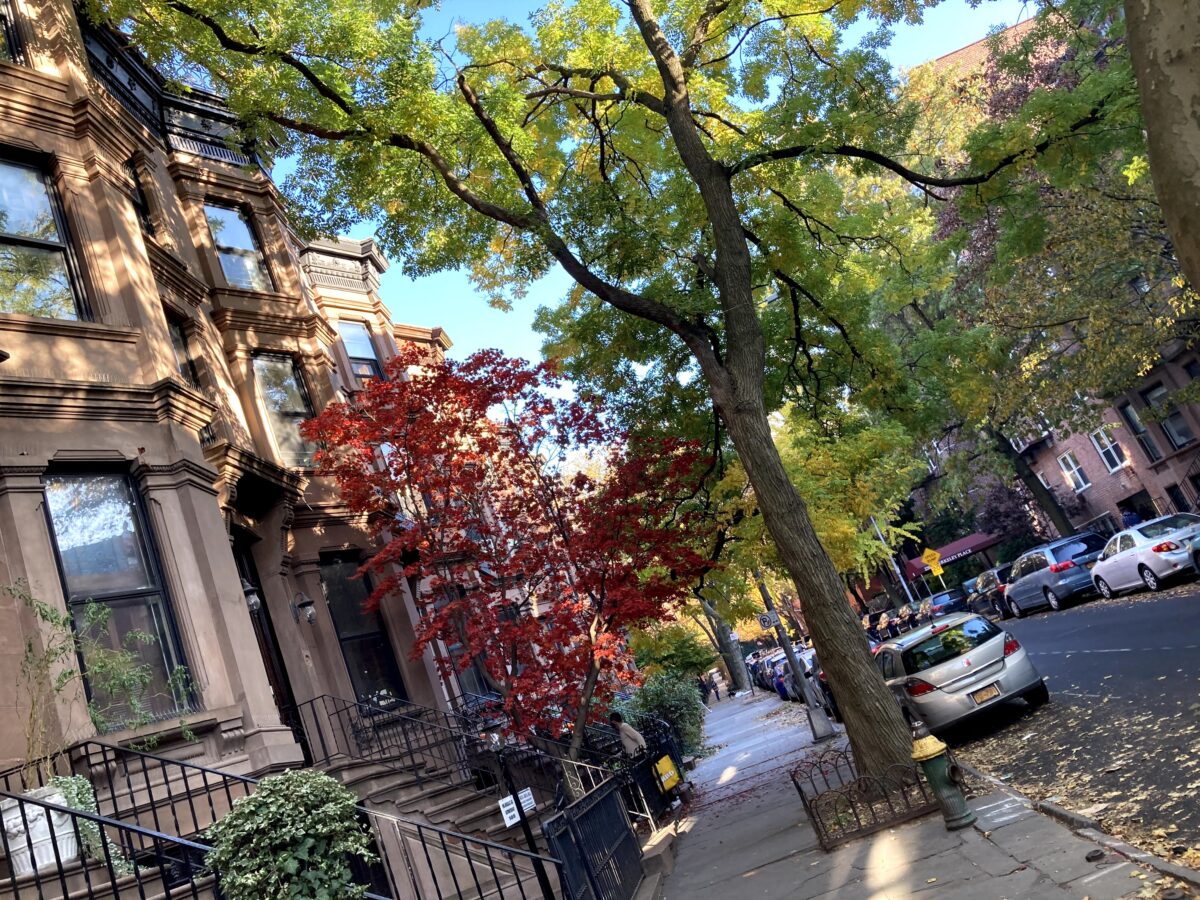January 30, 2022
How much less can you do here?

Hamburg’s leading university recently announced a call for applications for their scholarships for doing nothing.
According to the art department administrators, the world we are living in is driven by the belief in success, in growth, in money. They believe this thinking is leading us into the ecological crisis and social injustice we are living in.
They wanted to turn it upside down and give a grant not for the best and for doing a project, but for doing nothing.
This announcement may sound absurd and facetious to you, but it’s real. If you download their scholarship application, it’s clear the professors have put significant thought into the potential implications of this program.
What would our life look like that, in the ecological, but also in the virological sense, remains as inconsequential as possible?
Could a lack of consequences become a new regulative ideal, such as freedom, justice and equality, unattainable but still desirable?
What would be the effects of such a striving on the material and immaterial organization of our everyday life, on the economic and social order, on our faith and the way we treat each other?
And what models can be found for such a life in the present and in history?
It’s a powerful thought experiment. If each person had one action that they refrained from performing in order to prevent their life from having negative consequences for others, the collective suffering of mankind would plummet within weeks, and our societal empathy would skyrocket.
Perhaps you could try this as an exercise with coworkers over lunch one day. Each person has to answer the same four questions from the scholarship application.
*What do you want not to do?
*How long do you want not to do it for?
*Why is it important not to do this particular thing?
*Why are you the right person not to do it?
It’s the lightness of less. In our abundant world where everything has reach excessive levels, maybe our civic duty should no longer be doing and having more.
Seneca, my top stoic philosopher, wrote about this issue in his letters thousands of years ago:
It is precisely in times of immunity from care that the soul should toughen itself beforehand for occasions of greater stress, and it is while fortune is kind that it should fortify itself against her violence. In days of peace the soldier performs maneuvers, throws up earthworks with no enemy in sight, and wearies himself by gratuitous toil, in order that he may be equal to unavoidable toil.
Maybe nothing can become something that changes everything.
When was the last time you made the conscious decision to pursue active inactivity?
It’s harder than you think. Considering our aggressive digital surroundings, our idiotic notification culture, our workaholic idolization, and our constant social pressures to be addicted to busyness, doing nothing truly is something worth a scholarship.
We learned this lesson firsthand in the context of the global pandemic.
Turns out, staying home and refraining from many of our usual activities for the greater good was difficult at first, but also lightening and liberating once we got used to it.
How many nights a week do we really need to go out to dinner anyway?
The question of how much less we can do in any given situation might be a skill worth developing.
What if you doing nothing became something that change everything?

